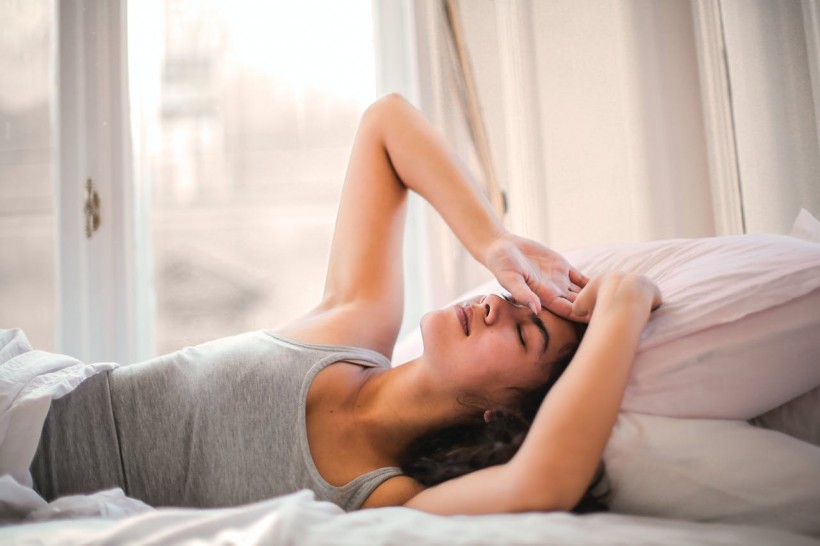Our brain and body both need sleep to function properly. For this reason, experts advise sleeping not less than six hours per night. Without this much sleep, a person will feel groggy and prone to impaired daily performance. However, a small group of people have shorter-than-normal sleep duration yet still wake up refreshed and energetic, a condition known as short sleeper syndrome.

What Is Short Sleeper Syndrome?
Short sleeper syndrome (SSS) is the tendency to sleep for fewer than six hours each night despite having more time to sleep. While most adults need seven or more hours of sleep each night to feel rested in the morning, those with SSS can function normally throughout the day despite having shorter sleep duration.
Natural short sleepers differ from those who sleep less than six hours because of health conditions like insomnia. They also differ from people who limit their sleep or lack time in their sleep schedule. Instead, minimal sleep requirements occur naturally for natural short sleepers. Their short sleep duration is also the same on most nights, including holidays and weekends.
People with SSS do not need naps or sleep more than normal to recover from lack of sleep. The short sleep pattern usually begins in childhood or adolescence and continues into adulthood.
READ ALSO: Brain Scans Reveal How Total Sleep Deprivation Impacts Individuals with Major Depressive Disorder
What Causes Short Sleep Syndrome?
Some experts believe that short sleep syndrome may develop from a gene mutation. This means that this condition is not something that people can train themselves to do.
In a 2014 study, experts from the University of Pittsburgh discovered that a gene variant called BHLHE41 is associated with short sleep and resistance to sleep deprivation. They concluded that particular gene mutations can reduce total sleep while maintaining non-rapid eye-movement (NREM) sleep and provide resistance to the consequences of sleep loss.
A small percentage of people have a short sleep gene. They conducted an experiment comparing identical twins, one who carried the short sleep gene mutation and one who lacked it.
After having the same amount of sleep the night before, the twins were asked to conduct cognitive tasks. The one who carried the short sleep mutation outperformed the identical twin sibling who lacked the mutation.
The genetic changes enable those with the mutation to think and function normally with less sleep than others. Such alteration was also discovered in a mother and daughter who routinely slept an average of 6.25 hours each night, compared to their family members who slept around 8 hours regularly.
When scientists engineered this gene mutation into mice and fruit flies, both species naturally slept less than their counterparts without gene changes. However, the research team noted that the complexity of human sleep cannot be understood by a single gene alone, so they believe multiple genes might be involved in this condition.
Another study entitled "A Rare Mutation of β1-Adrenergic Receptor Affects Sleep/Wake Behaviors" suggests that a mutation in the ADRB1 gene leads to natural short sleep patterns in humans. The researchers concluded that this is a rare mutation in the human mutation, with an incidence of 4.028/100,000.
RELATED ARTICLE: Can You Recover Lost Sleep on Weekdays by Oversleeping Over the Weekends?
Check out more news and information on Sleep in Science Times.














